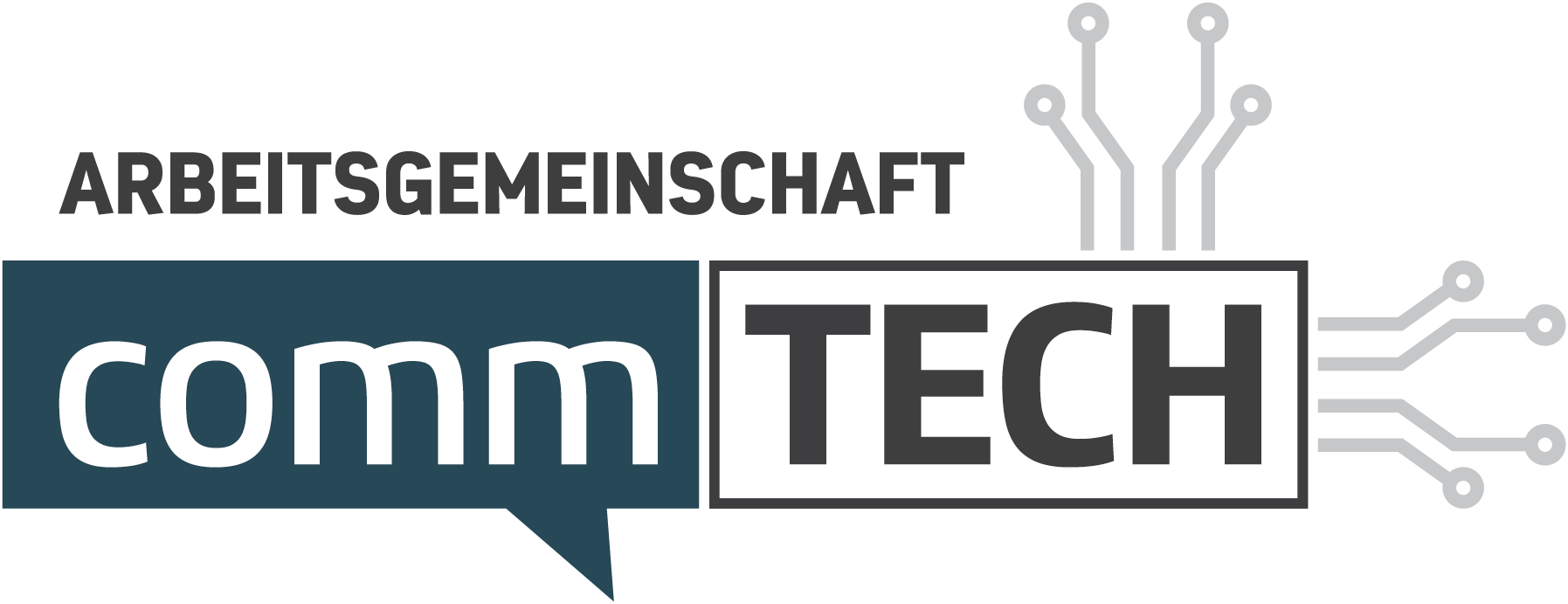Where does communication stand in terms of digitalization?
Digitalization is fundamentally changing communication work in companies and agencies – in terms of technology, structure and content. The CommTech Index Report creates a sound database to make this change measurable. It shows how far the profession has progressed in the digital transformation, where there is a need for action and what developments are emerging.
Since 2023, the report has provided an annual overview of the status of digitalization in the communications departments of companies and PR agencies in Germany, Austria and Switzerland.
The basis is the CommTech Index, a score between 0 and 100, which describes the degree of maturity of the implementation of CommTech in communication work. The index is made up of four components, for each of which 25 index points can be achieved:
- Use of the budget for technologies
- Perceived future changes through CommTech
- Technologies used and expected potential of new technologies
- Use of data in communication
The index is compiled on the basis of a standardized online survey. The report documents results by organization type, location and department size and provides insights into progress, challenges and investment plans in the area of digitalization.

Report 2025/2026: Digitization remains a challenge
The AG CommTech, the DPRG, the PRVA and ComImpact conducted the CommTech Index Survey in September 2025. A total of 507 interviews were conducted with communication departments and PR agencies in Germany, Austria and Switzerland.
Key findings of the CommTech Index Report 2025/2026
- The CommTech Index falls from 45 to 38 points – not a real regression, but an expression of the “Red Queen effect”The speed of innovation of digital technologies exceeds the adaptability of communication departments and agencies.
- The gap between large and small organizations continues to grow. Large communication units and PR agencies come out on top with 42 and 46 points respectively; small teams lag well behind with 35 points and increasingly experience digitalization as a structural competitive disadvantage.
- The perception of CommTech is becoming more personal. 83% see a major impact on the industry, 76% on their own work. At the same time, 59% classify themselves as the “late majority” or “latecomers” – a sign of realism and humility in mastering the digital transformation
- AI is widely accepted, but hardly integrated. 88% are experimenting with AI, but only 6% have adapted processes and structures. Large agencies are pioneers (81% established tools), while regulated sectors and small teams are lagging well behind.
- The use of technology is becoming more professional – but with breaks. CRM and journalist databases are on a par for the first time at 46%, while 32% continue to work with Excel and 6% even work without structured contact management. The industry is moving from efficiency expectations to strategic system intelligence.
- The intention-implementation gap remains large. Although budgets are set to increase, only 10% invest more than a quarter of their budget in technology; 25% do not know their own investment volumes. Small agencies in particular are lagging far behind with minimal tech budgets.
- Impact measurement remains an unsolved problem. The majority measure outputs instead of outcomes; a lack of dashboards and data silos prevent consistent impact measurement – figures are produced, but hardly any insights.
- Organizations are becoming more professional, but data competence remains underdeveloped. 75% report directly to the management, but 39% have no person responsible for data analytics.
- People remain the biggest bottleneck. Digital competence is stagnating – only 51% see themselves as competent in recognizing new technologies. Key future skills such as curiosity, prompting, change competence and understanding technology are gaining in importance, but are not being systematically developed.
- The report clearly shows that digitalization remains a long-term transformation process. Progress is visible, but structural deficits in skills, governance, data integration and strategic anchoring are slowing down development. CommTech must move from individual projects to a permanent organizational principle in 2026.
Find out more about the Index Report here
AI is inspiring – but not (yet) in everyday life: why there is currently a gap between hype and reality
No breakthrough – Thomas Mickeleit presents the CommTech Index Report 2024/2025 in the “Yellow Pages”.








